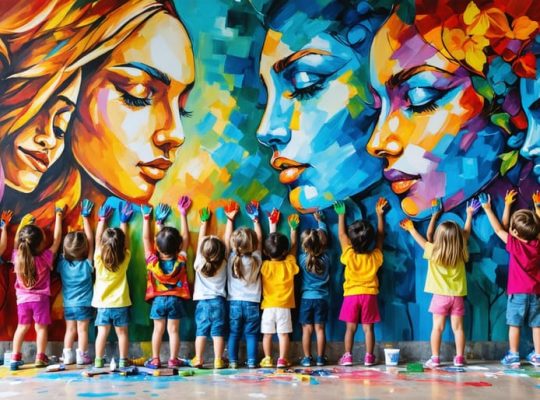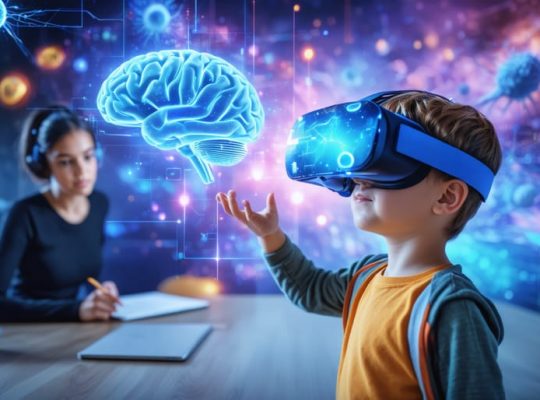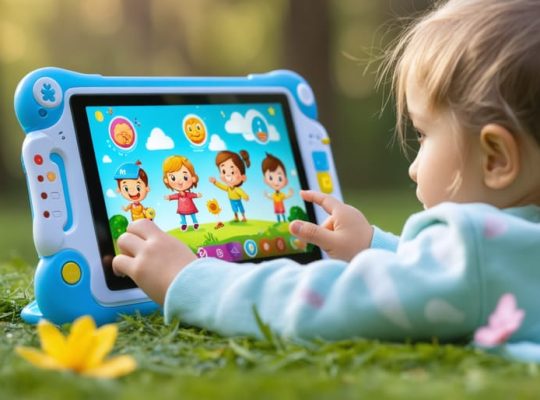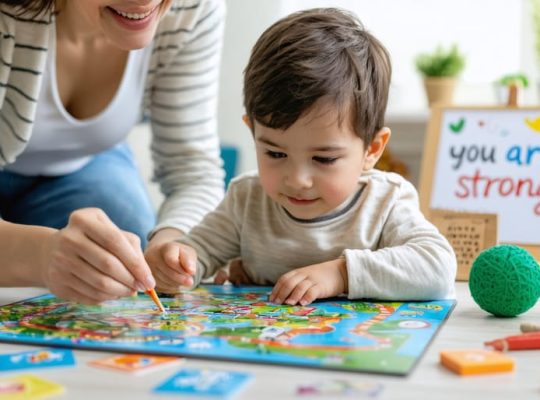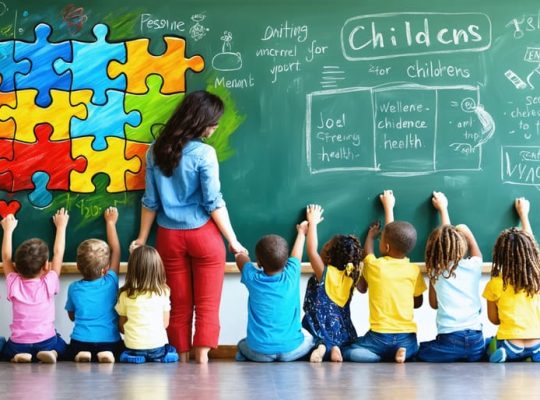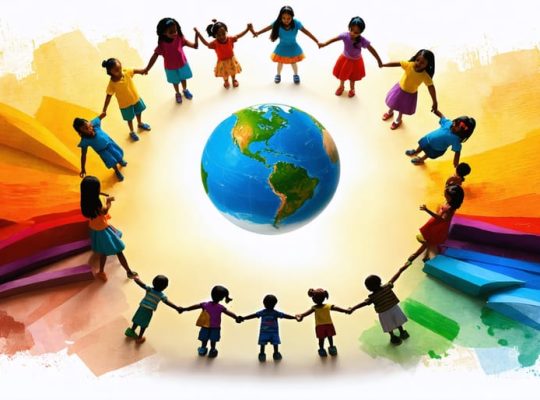Building Strong Minds: How Early Childhood Shapes Mental Health
Every child’s mental health journey begins in their earliest years, shaping not just their emotional well-being but their entire future. Recent research reveals that up to 20% of preschool-aged children experience mental health challenges, yet many go unrecognized during these crucial developmental stages.
As parents and educators, we hold the key to nurturing resilient minds during these formative years. The foundations of mental health – from emotional regulation to social connections – are built alongside first steps and first words, making early intervention not just beneficial, but essential.
…



